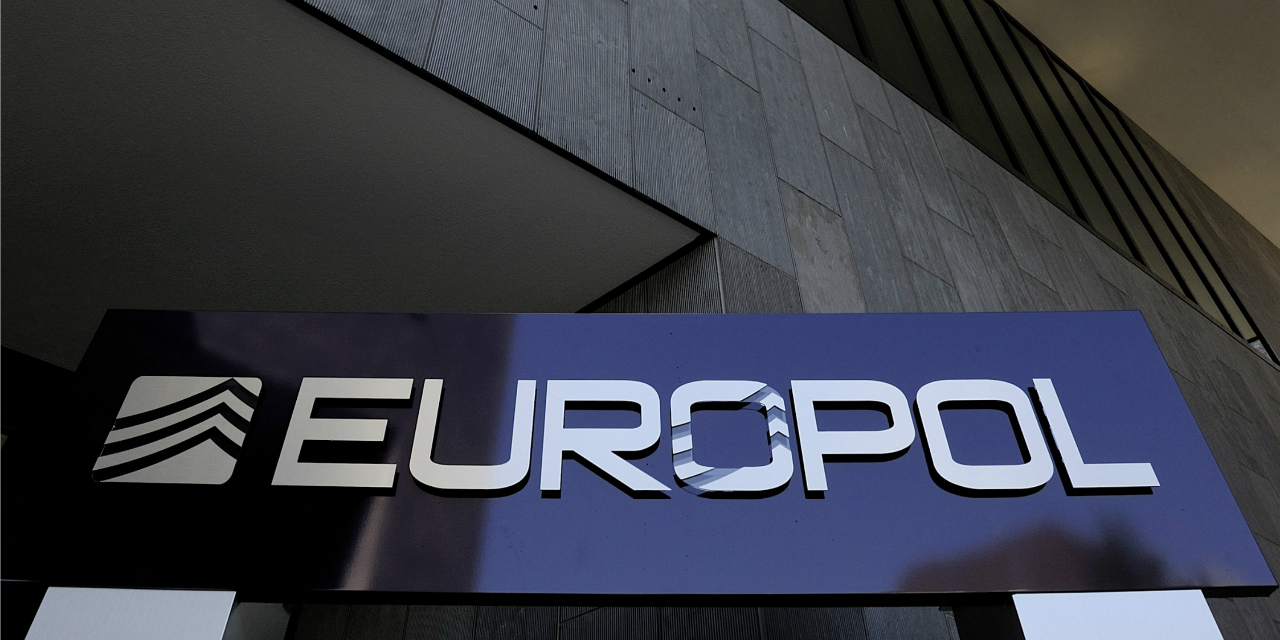Europe 1 with AFP // Photo credits: 10:02 a.m., April 5, 2024
The European Criminal Police Agency published this Friday, April 5, a report which lists and decodes the activities of more than 800 criminal networks active on the continent. This is the first time that Europol has revealed such an analysis of the functioning of the largest European gangs.
Europol delivered a map on Friday of the 821 “most threatening” criminal networks on the continent, painting a picture of the internal workings of gangs involved in activities ranging from drug trafficking to human trafficking. The European Police Agency, based in The Hague, has published a report which, for the first time, "analyzes in depth" the operations of Europe's worst criminal groups.
Commercial structures to hide these criminal activities
The report pays particular attention to "the strategy of criminal networks to infiltrate the legal business world - as a facilitator to commit crimes, as a front to conceal crimes, and as a vehicle to launder criminal profits." Currently, around 86% of Europe's most threatening criminal groups use "legal business structures". Construction and real estate, hospitality and logistics are the most vulnerable sectors targeted.
>> READ ALSO -
Drug trafficking: Félix Bingui, the leader of the Marseille Yoda gang, arrested in Morocco
Gangs favor real estate as a means of laundering by calling on lawyers or financial experts "who are sometimes unaware of the criminal origin of the assets", indicates Europol. Nightclubs are often linked to drug trafficking, extortion and racketeering, as well as human and arms trafficking, according to the agency. In the logistics sector, particularly in major European ports, private sector workers are "regularly" targets of corruption because they can "facilitate unrestricted access to ports and port systems".
Dubai, “remote coordination center”
The majority of Europe's most dangerous gangs focus on drug trafficking - cocaine, cannabis, heroin and synthetic drugs - and their operations are most often located in Belgium, Germany, Italy, the Netherlands and Spain. Dubai has "become a remote coordination center", where high-ranking gang members reside to avoid detection by law enforcement.
“However, when considering the geographic location of the leaders of high-risk criminal networks, Dubai does not appear to stand out as an isolated haven,” the report said. Many of the most threatening criminal networks have been around for years, with a third party operating for over a decade, with some even proving capable of continuing their operations from prison.
“The attention of law enforcement must remain focused on long-known criminal networks, even if they are under police surveillance and even if measures have already been taken against them,” recommends Europol.

